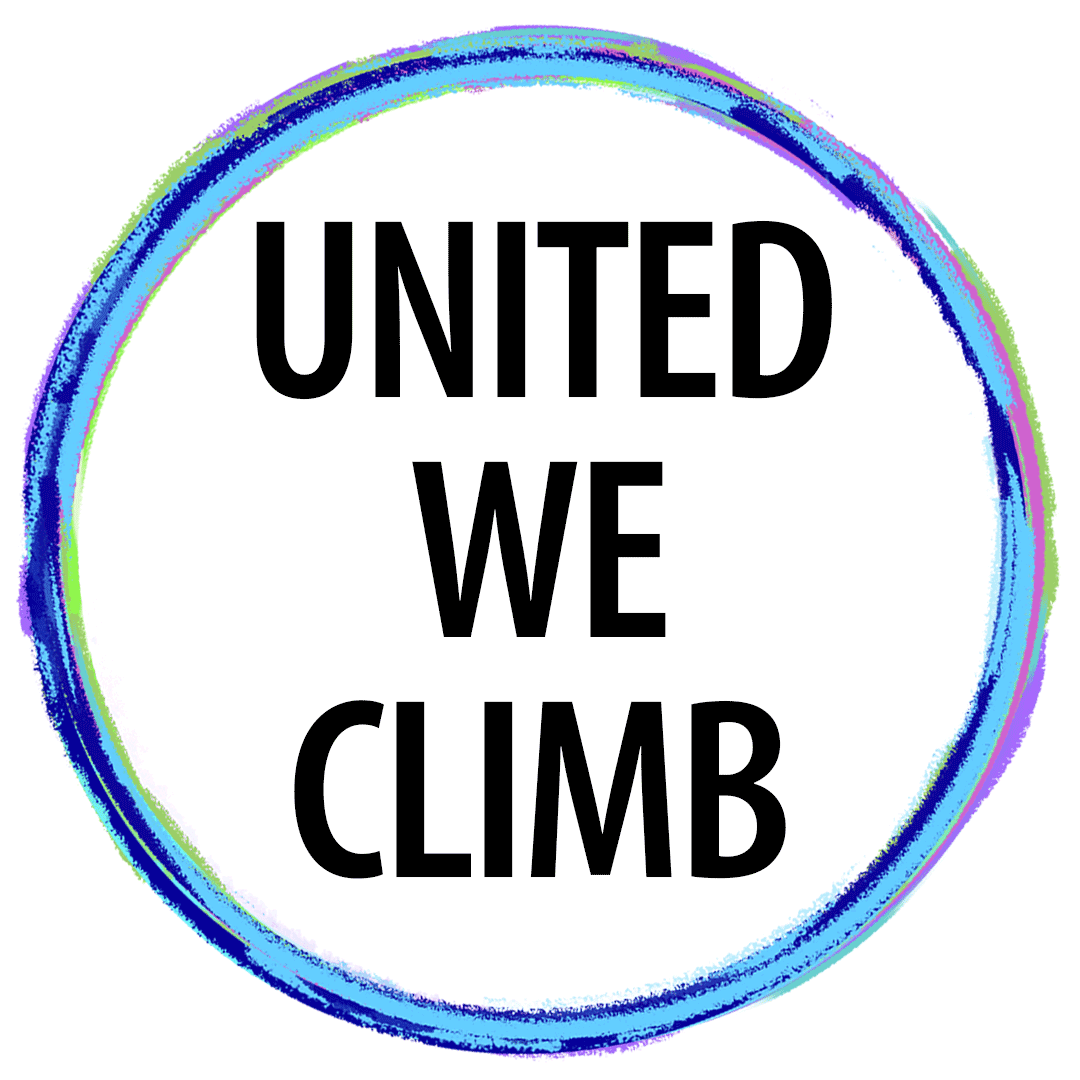A friendly that letter that will go public - Why I can't participate in the Sheraces trail run series.
A Letter to Sophie @Sheraces Founder
Dear Sophie,
I hope this letter does not come as a surprise, and I hope its purpose is understood.
A genuine connection was felt on a human-to-human level—no questions asked. There was real value in the mission to support women.
The vision behind the event was clear: creating a space where women feel safe, welcomed, and cared for. Thought was put into the intricacies of women's races—sanitary products, toilets manned by women, even t-shirt sizes. Consideration was given to the unfairness of the deferral system that affects women during and after pregnancy, as well as the financial burdens incurred. However, it is disheartening that not all women have been protected. One of the most marginalized groups of women—those who constantly have to prove their womanhood to the world—has been excluded. These women face immense hardship—physically, mentally, emotionally, and societally. They simply ask to be seen and to be. To live as the women they are, they endure a relentless fight against systems, exorbitant healthcare costs, and constant scrutiny.
Perhaps this exclusion was the result of a narrow perspective rather than malice. It is understandable why a biological women's race might have been envisioned, and there is no doubt that the intention came from a place of care. The image of you feeding your baby during a race was impactful—motherhood is powerful. But when certain women are excluded based on a belief that their presence makes others feel unsafe, it becomes clear that the definition of womanhood used here is limited to reproductive capability. That perspective cannot erase the reality of others. Violence against women committed by certain men should not be used as justification to exclude women who do not fit a singular definition of womanhood.
A small fraction of society’s prejudices should not dictate who is allowed in these spaces. Trans women are women. The previous policy, which required proof of gender reassignment to use toilets, was dehumanizing. Even with its revision, the new policy still excludes and implies that some women are men, that they are a threat, and that they are the ones committing harm. Such a stance is not inclusive.
The Cambridge Dictionary defines inclusion as the act of including someone or something as part of a group, list, etc., or a person or thing that is included. The idea that everyone should be able to use the same facilities, take part in the same activities, and enjoy the same experiences, including people who have a disability or other disadvantage.
Other disadvantages must also be acknowledged—exclusion, financial burden, lack of space in official sports, the ongoing need to prove one’s identity, and the emotional toll of forced disclosure.
The event's stated policy reads:
"Access to female-only facilities (e.g., changing rooms, showers, multi-occupancy tents) will be restricted to biological females. We are happy to provide separate facilities for transgender people wherever possible. Don't hesitate to get in touch with us in advance to discuss this."
This still requires women to prove they are women to access facilities. If this is a women’s race, gender-neutral toilets could be placed everywhere—this is not an insurmountable challenge.
On another note, accessibility extends beyond identity. The cost of participation is a barrier. At £85, with additional expenses for travel, food, equipment, and accommodation, the event is not financially inclusive. Inclusion is not just a word—it requires action. Marginalized and less fortunate individuals need tangible systems of support, not just verbal affirmations.
Some questions to reflect on:
Who wrote this policy?
Who benefits most from it?
How many trans women were consulted?
How many trans women have been known to attack others?
Why is it considered appropriate to ask trans women to attend a mixed event instead?
After conducting a survey, was input sought from a diverse community?
There has been significant backlash regarding the Sheraces policy. Facing hostility and stress is never acceptable. No one deserves to be abused. But imagine enduring this treatment for an entire lifetime—constantly having to prove one’s identity, worth, and place in society. Imagine just wanting to participate in an event without the need for justification.
This may not have been the anticipated outcome. There was likely immense excitement about creating this event. But its impact has been short-sighted, hurtful, and divisive.
A deep investment in this issue comes from personal experience. That initial sense of connection has now turned into disappointment.
As a Black woman, life is a constant battle to prove identity, skills, and worth. But if diversity and inclusion are to be championed, that must extend to all communities—not just when convenient.
May this letter be received with understanding, compassion, and respect.
p.s If I can't protect my communities when they are not in the room who am I really?
https://youtu.be/dXFFe9MNl3M?si=q-ib4kdFIB6Y7ddW
https://youtu.be/ELKq3AmLHIo?si=W63DjUCqFJ5Xz-iN
https://youtu.be/sXIaslwYsFw?si=NBoWLOUnszk4aarX
